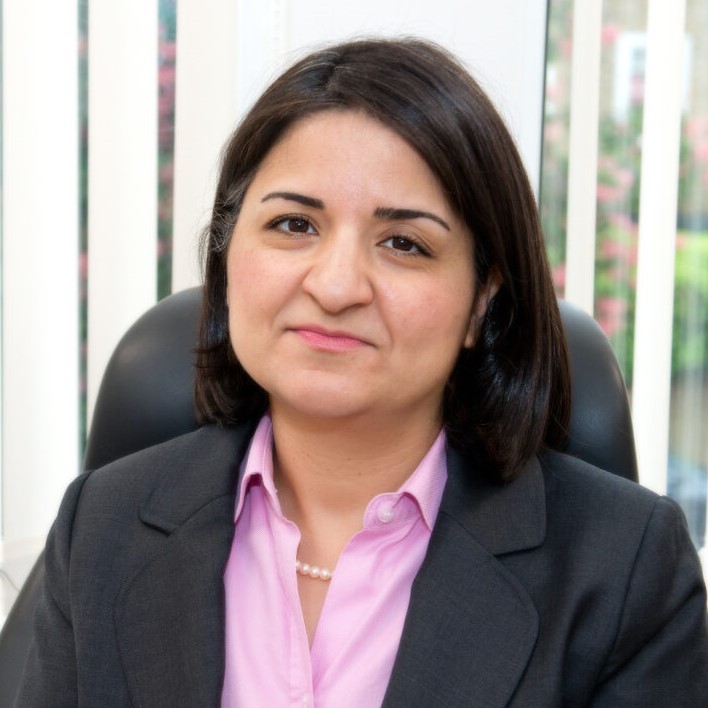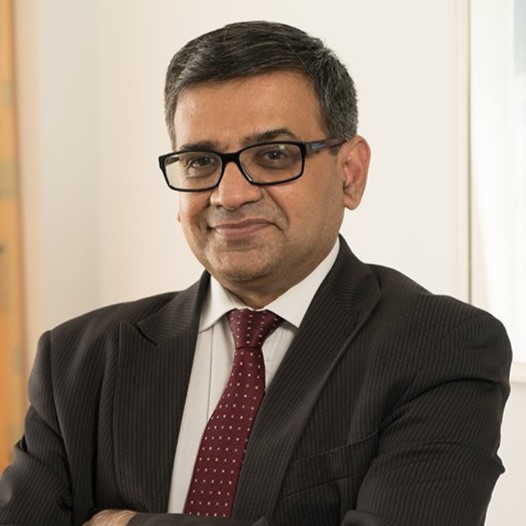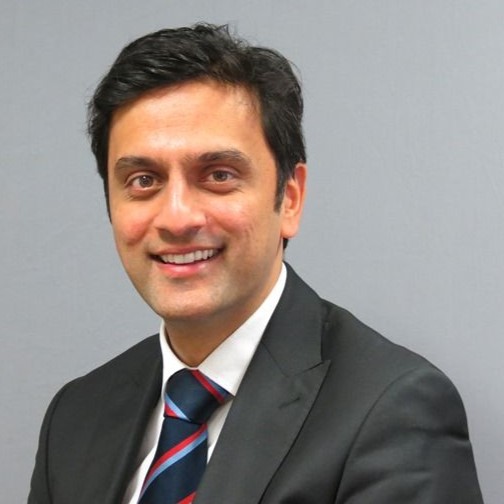Colorectal surgery
Colorectal surgery is the surgical management of colorectal conditions, including haemorrhoids, fistula-in-ano, pilonidal disease, inflammatory bowel disease (Crohn’s disease and ulcerative colitis), diverticular disease, and colon and rectal cancer.
What is colorectal surgery?
The term ‘colorectal’ refers to organs of the lower digestive tract, which includes the colon, rectum, anus, and small intestine.
Colorectal surgery is the surgical management of conditions that occur within these areas, including haemorrhoids, fistula-in-ano, pilonidal disease, inflammatory bowel disease (Crohn’s disease and ulcerative colitis), diverticular disease, and colon and rectal cancer.
Our colorectal surgery department provides a range of procedures, including laparoscopic colorectal surgery and robotic colorectal surgery.
Our consultant colorectal surgeons are highly experienced in their field and work in multidisciplinary teams which include specialists from our liver, gastroenterology, and oncology departments.
You may be referred to the colorectal surgery department if you have:
- cancer – including colon and rectal cancer, and anal cancer
- irritable bowel syndrome (IBS)
- inflammatory bowel disease
- haemorrhoids
- hernias
- anal fissures and fistulas
- prolapse
- diverticular disease
- pilonidal disease
Cromwell Hospital provides a range of diagnostics tests to help assess colorectal conditions, including:
- endoscopy (upper and lower gastrointestinal)
- MRI scan
- CT scan
- PET scan
- ultrasound
Colorectal surgery procedures
Within the colorectal surgery department, we provide a broad range of procedures including:
- endoscopic submucosal dissection (ESD) – a minimally invasive procedure used to remove abnormal growths (polyps) within the gastrointestinal tract
- colectomy/anterior resection/abdominoperineal resection – the surgical removal of part of the colon/rectum, usually carried out as a cancer treatment
- colostomy – a procedure that connects the end of the colon to an opening in the stomach wall, creating a stoma
- laser ablation/banding of haemorrhoids and haemorrhoidectomy – a procedure to treat haemorrhoids (piles), which are swollen veins in the lower rectum and anus
- ileostomy – a procedure that connects the end of the small intestine to an opening in the stomach wall, creating a stoma
- ileoanal anastomosis (J-pouch surgery) – a procedure that allows the normal elimination of waste following the removal of the large intestine
- sphincterotomy – a procedure used to treat anal fissures, which involves injecting or cutting a small portion of the sphincter muscle to reduce tension in the anal canal and promote healing
- laser ablation to fistula/fistulotomy/insertion of seton – a procedure used to treat anal fistulas
- EPSiT procedure – a keyhole procedure to treat pilonidal disease
Procedures may be carried out as an open surgery, laparoscopically (keyhole surgery), or using robotic technology.
Colorectal cancer can be divided into two main types: colon cancer and rectal cancer. Colon cancer involves cancers of the large bowel, while rectal cancer involves cancers of the rectum (your back passage).
The type of colorectal cancer surgery you have will depend on where your cancer is located and how advanced it is.
Why choose us for colorectal surgery?
World-class consultants
Cromwell Hospital is home to some of the UK's leading colorectal surgeons and specialists.
Multidisciplinary care
Patients can benefit from the input of multidisciplinary teams, which include gastroenterologists, oncologists, and more.
State-of-the-art technology
Eligible patients can access robotic surgery, which benefits from faster recovery times and reduced scarring.
Private colorectal surgeons in London
Showing 1-6 of 12

Mrs Sara Badvie
Consultant General and Colorectal Surgeon
Colorectal surgery

Mr Abhay Chopada
Consultant General and Colorectal Surgeon
Colorectal surgery

Mr Valerio Celentano
Consultant General and Colorectal Surgeon
Colorectal surgery, Lower GI surgery

Mr Christopher Chan
Consultant General and Colorectal Surgeon
Colorectal surgery

Professor Tim Allen-Mersh
Consultant General and Colorectal Surgeon
Colorectal surgery

Mr Nikhil Pawa
Consultant General and Colorectal Surgeon
Colorectal surgery

Mr James Read
Consultant General and Colorectal Surgeon
Colorectal surgery, Colorectal cancer

Professor Paris Tekkis
Consultant General and Colorectal Surgeon
Colorectal surgery, Lower GI surgery
Paying for your treatment
We welcome both self-paying and insured patients.
Self-pay patients
We offer several ways for patients to self-pay, including pay-as-you-go and self-pay packages.
Insured patients
At Cromwell Hospital, we accept private health insurance from most major providers, including AXA, Aviva, Bupa, and Vitality.
Our locations

Book an appointment today
Our telephone lines are open 8am to 8pm Monday to Friday and 8am to 2pm Saturdays.
Alternatively, fill out our appointment request form and we'll be in touch shortly.
Please note - regrettably we are unable to answer specific medical questions or offer medical advice via email or telephone.



